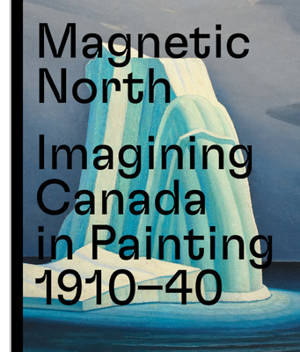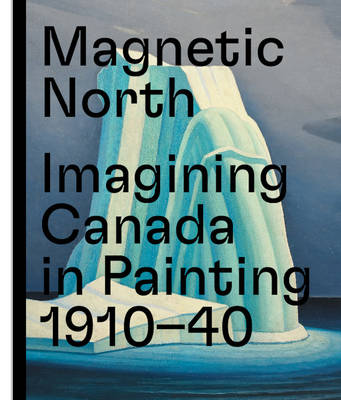
- Retrait gratuit dans votre magasin Club
- 7.000.000 titres dans notre catalogue
- Payer en toute sécurité
- Toujours un magasin près de chez vous
- Retrait gratuit dans votre magasin Club
- 7.000.000 titres dans notre catalogue
- Payer en toute sécurité
- Toujours un magasin près de chez vous
62,45 €
+ 124 points
Description
This book reveals the magnificent landscape paintings of the Group of Seven and their associates and explores how they contributed to Canada's modern cultural identity. The early decades of the 20th century were marked by artistic, economic, and social transformation in Canada and around the world. Starting in Toronto, a group of young modern artists, including Tom Thomson and Lawren S. Harris, and Emily Carr in British Columbia, desired to create a new painting vocabulary for the young nation coming into its own cultural identity. They turned away from city life and explored Canada's landscape, painting sublime vistas, monumental rivers, ancient forests around the great lakes, the mighty Rocky Mountains, and the arctic tundra, determined to break away from European stylistic traditions. Together, their paintings imagined a mythical Canada, expansive and rugged, that added to their country's growing sense of national pride. Featuring paintings, sketches,
photographs, film stills, and documentary material, this catalog examines the language of Canadian modernism. It also includes essays and interviews that offer contemporary indigenous perspectives on the impact of industry on nature, issues surrounding national identity, and modern Canadian landscape painting. This generously illustrated book critically reviews Canada's modernism in art history.
photographs, film stills, and documentary material, this catalog examines the language of Canadian modernism. It also includes essays and interviews that offer contemporary indigenous perspectives on the impact of industry on nature, issues surrounding national identity, and modern Canadian landscape painting. This generously illustrated book critically reviews Canada's modernism in art history.
Spécifications
Parties prenantes
- Auteur(s) :
- Editeur:
Contenu
- Nombre de pages :
- 280
- Langue:
- Anglais
- Illustré:
- Oui
Caractéristiques
- EAN:
- 9783791359946
- Date de parution :
- 04-05-21
- Format:
- Livre relié
- Format numérique:
- Genaaid
- Dimensions :
- 193 mm x 226 mm
- Poids :
- 748 g







